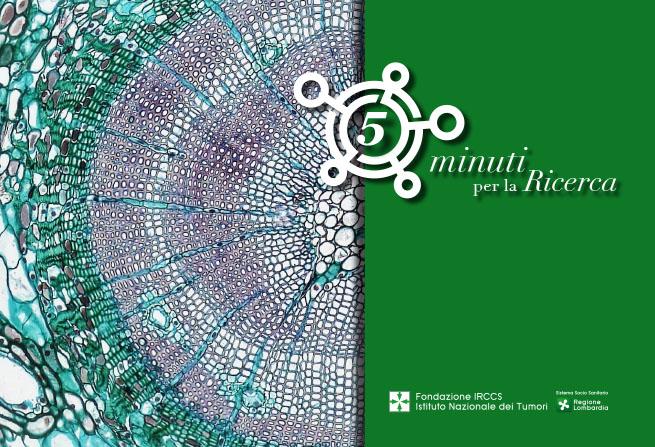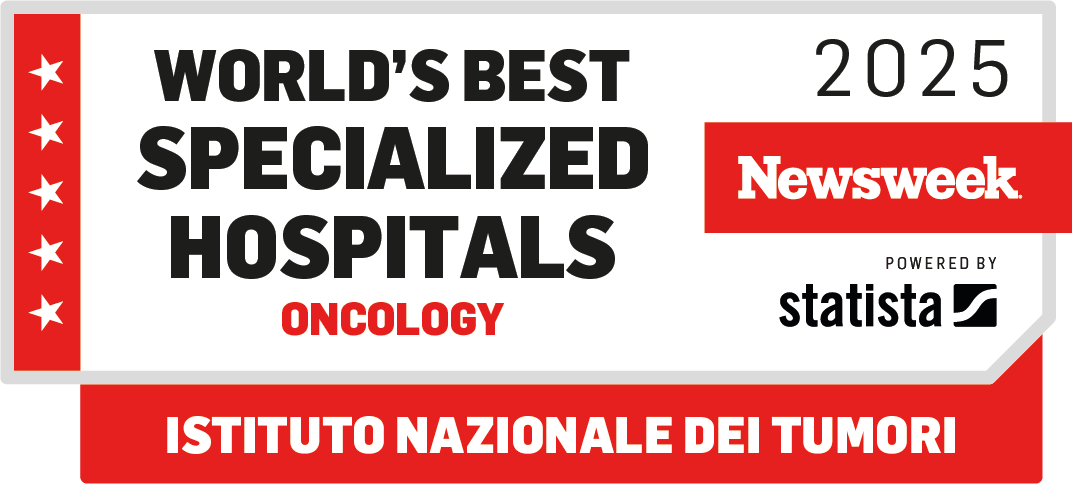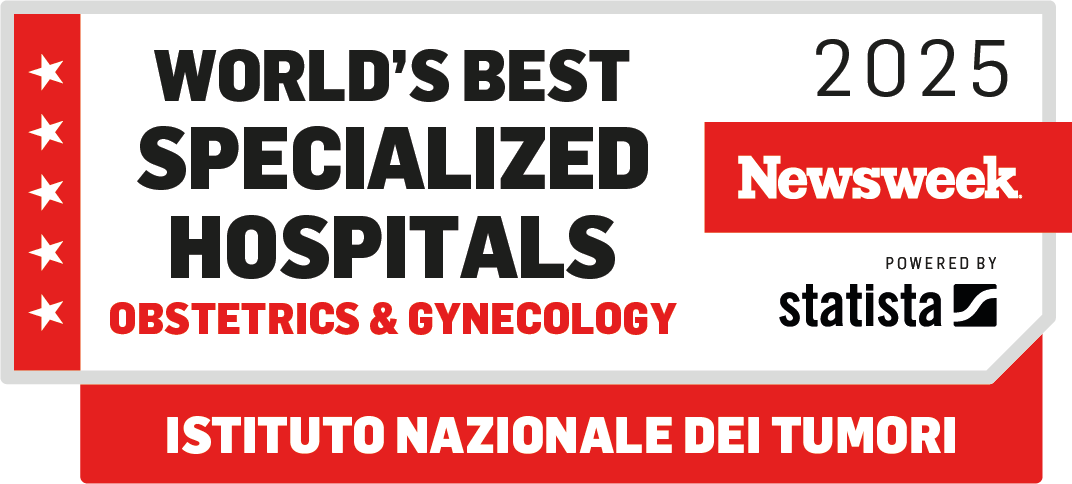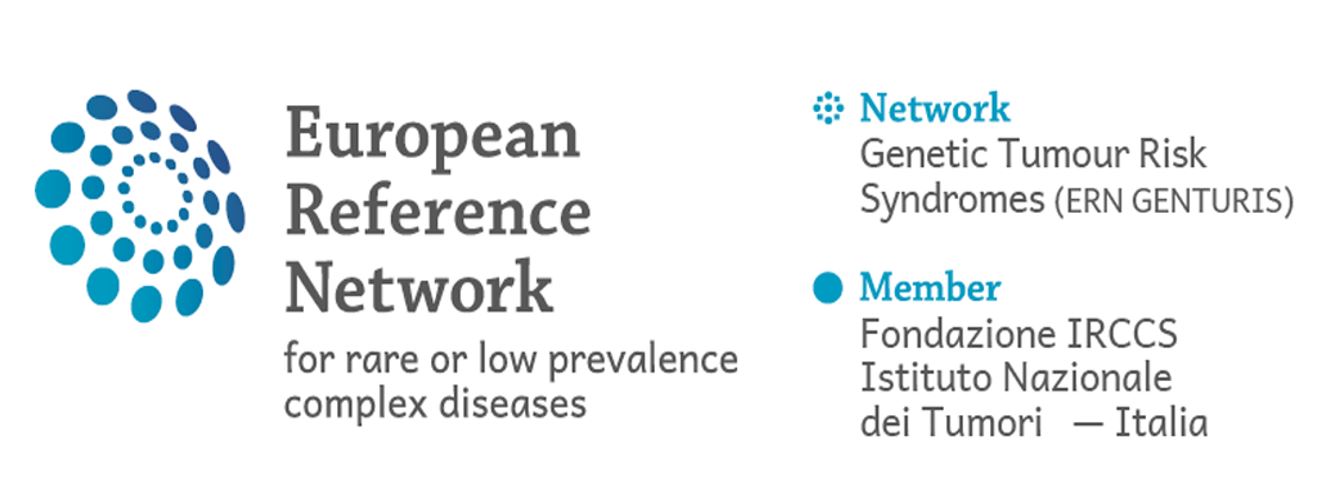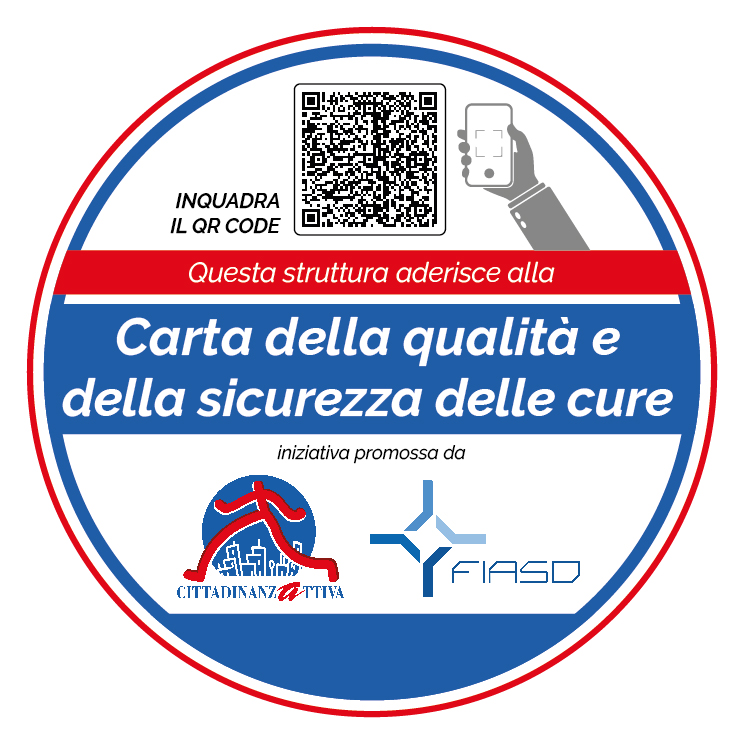S.C. Farmacologia Molecolare
Molecular Pharmacology Unit
Descrizione:
Our research is aimed at generating the biological background for designing innovative and effective pharmacological therapies through the implementation of new methodological approaches and predictive preclinical tumor models. The research is organized in the following domains:
- Identification of novel therapeutic targets through the multi-dimensional characterization of tumor samples and their validation in preclinical models using genetic and pharmacological approaches to inform the design of novel “biology-driven” therapies for specific tumor histologies or groups of tumors characterized by common molecular alterations. Investigations are focused on factors involved in the tumor-stroma cross-talk, the transcriptional/post-transcriptional regulation of gene expression and the lipid metabolism, as well as chromatin modifiers and non-canonical DNA structures.
- Identification of mechanisms of primary and secondary pharmacological resistance and of collateral vulnerabilities. The molecular characterization of tumor samples from patients resistant to specific treatments and investigations of their modulation on tumor response in preclinical models are exploited to design ”hypothesis-driven” strategies that ultimately overcome drug resistance.
- Rational design of novel pharmacological strategies to induce synergistic antitumor effects through the combination of cytotoxic drugs and target-specific agents and evaluation of the cellular/molecular mechanisms underpinning the synergistic interaction.
- Generation and characterization of novel in vitro (3D cultures) and in vivo (PDX) models of rare tumors (adult and pediatric soft-tissue sarcomas, peritoneal mesothelioma, etc.), where disease rarity challenges the conduction of clinical trials. These models are instrumental for the comparative evaluation of cytotoxic and target-specific agents, also for drug repositioning purposes.
- Identification and validation of novel circulating biomarkers (microRNAs, cytokines) that predict patient outcome and the response/lack of response to specific pharmacological treatments to be implemented for patient risk stratification and disease monitoring.
Molecular Pharmacology Unit
AmadeoLab

Our research is aimed at generating the biological background for designing innovative and effective pharmacological therapies through the implementation of new methodological approaches and predictive preclinical tumor models. The research is organized in the following domains:
- Identification of novel therapeutic targets through the multi-dimensional characterization of tumor samples and their validation in preclinical models using genetic and pharmacological approaches to inform the design of novel “biology-driven” therapies for specific tumor histologies or groups of tumors characterized by common molecular alterations. Investigations are focused on factors involved in the tumor-stroma cross-talk, the transcriptional/post-transcriptional regulation of gene expression and the lipid metabolism, as well as chromatin modifiers and non-canonical DNA structures.
- Identification of mechanisms of primary and secondary pharmacological resistance and of collateral vulnerabilities. The molecular characterization of tumor samples from patients resistant to specific treatments and investigations of their modulation on tumor response in preclinical models are exploited to design ”hypothesis-driven” strategies that ultimately overcome drug resistance.
- Rational design of novel pharmacological strategies to induce synergistic antitumor effects through the combination of cytotoxic drugs and target-specific agents and evaluation of the cellular/molecular mechanisms underpinning the synergistic interaction.
- Generation and characterization of novel in vitro (3D cultures) and in vivo (PDX) models of rare tumors (adult and pediatric soft-tissue sarcomas, peritoneal mesothelioma, etc.), where disease rarity challenges the conduction of clinical trials. These models are instrumental for the comparative evaluation of cytotoxic and target-specific agents, also for drug repositioning purposes.
- Identification and validation of novel circulating biomarkers (microRNAs, cytokines) that predict patient outcome and the response/lack of response to specific pharmacological treatments to be implemented for patient risk stratification and disease monitoring.
Laura Zanesi (+39) 02.2390 2267
(+39) 02.2390 2692
Direttore: nadia.zaffaroni@istitutotumori.mi.it Segreteria: laura.zanesi@istitutotumori.mi.it













